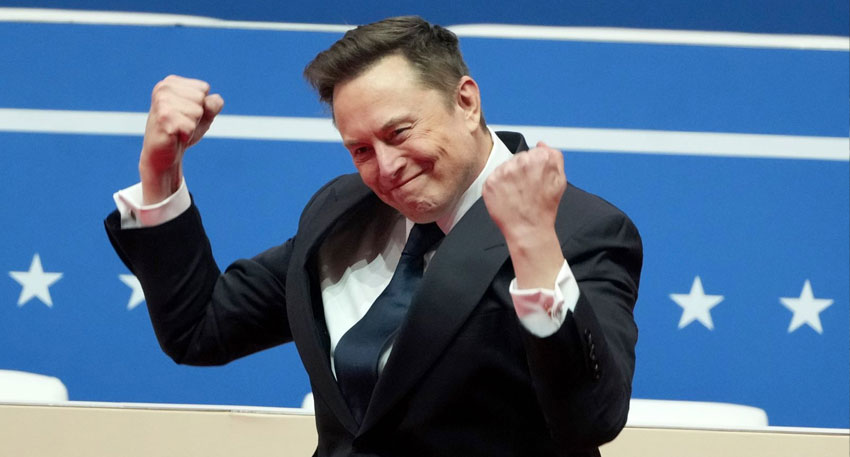
Scientists have long known that our wider environment plays a crucial role in our diets, and there s a wealth of research showing a link between watching TV and a higher risk of obesity, largely due to lower levels of exercise that come with such sedentary behavior, as reported by BBC.
But watching TV may also be affecting how much we eat too. Being distracted is one of the leading theories behind why we might eat more while watching TV at the same time, says Monique Alblas, assistant professor of communication science at the University of Amsterdam.
This could be because, when we re sucked into a riveting plot, we have less attention available for eating so we re not aware of the bodily signals telling us we’re full, which could lead to overeating. There s also research suggesting that we don’t remember what we’ve eaten when we’re consuming food front of the TV and struggle to accurately estimate the amount we ve eaten, which could mean we eat more later on.
Alblas has found that people spend longer eating when they re watching TV at the same time.
She used already existing data collected by the Netherlands Institute for Social Research, for which people were asked to keep a diary of everything they did over a week, including eating and watching TV, and even what type of TV programmes they were watching.
When Alblas analysed the data, she found that the people spent longer eating when they were watching TV at the same time.
They also found that that the total time they spent eating was longer on days of concurrent TV-watching and eating at the same time, compared with days of eating without simultaneously watching TV, which she says suggests they didn t realise how much they were eating because they were distracted.
The findings themselves don t show that people ate more, necessarily, or what food they ate exactly, as the only thing they recorded was the length of time spent eating. Of course, as the results are self-reported, if people were losing themselves in a particularly good plot, they may have also just misremembered how long they had been eating for.
But, Alblas says, there’s existing research showing that time spent eating is correlated to eating more calories.
"And lab research shows that distracted eating leads to increased food intake, so all the evidence combined suggests that distraction plays a major role when eating in front of the TV," she says.
Another reason we may eat more when watching TV is because food may not taste the same as it does when we’re paying more attention to what we’re eating. This is because we may not get as much satisfaction from food when we’re distracted, says Floor van Meer, a data science researcher at Wageningen Food Safety Research in the Netherlands, who investigated distracted eating while working at the department of social, organisational and economic psychology of Leiden University in the Netherlands.
As a neuroscientist, van Meer has conducted numerous studies into the activity of the human brain when we re eating while distracted. In one study, in which participants were asked to memorise either a short or long number while eating, those who tried to memorise longer numbers reported that their food tasted less sweet.
Van Meer could also see less activity in their parts of the brain associated with taste perception.
"If you don’t taste food in the same way, you might not be as satisfied, and you re more likely to snack sooner afterwards," she says.
There’s a theory that humans are always trying to meet a "hedonic goal", she says. This means we expect to get a certain amount of pleasure during any given day or activity, and if we don’t achieve it, we seek it elsewhere. If a TV programme doesn’t live up to expectations, you may eat more to compensate.
Our emotional state also plays a large role in our eating behaviours, and there is some research to suggest that we may choose less "hedonic" foods, such as chocolate or buttered popcorn, if watching something that makes us happy compared to something that makes us sad.
Research has found that exposure to food adverts can also make people eat more generally. But what concerns researchers the most is the association between food adverts and eating ultra-processed foods (UFPs), which has been linked to obesity and other diseases, including heart disease.
"Evidence suggests that even brief exposure to food adverts can make children more likely to choose the advertised foods, with repeated exposure reinforcing this preference," says Fernanda Rauber, researcher at the Centre for Epidemiological Research in Nutrition and Health at the University of São Paulo in Brazil. She has found that children are more likely to eat UFPs than minimally processed food when watching TV.
Rauber said, "In this scenario, any perceived benefits of family meals observed in other research were overshadowed by the negative impact of having the television on during meals. This underscores the complex interplay between dietary habits and environmental influences, and highlights the need for further research to understand these dynamics comprehensively."




